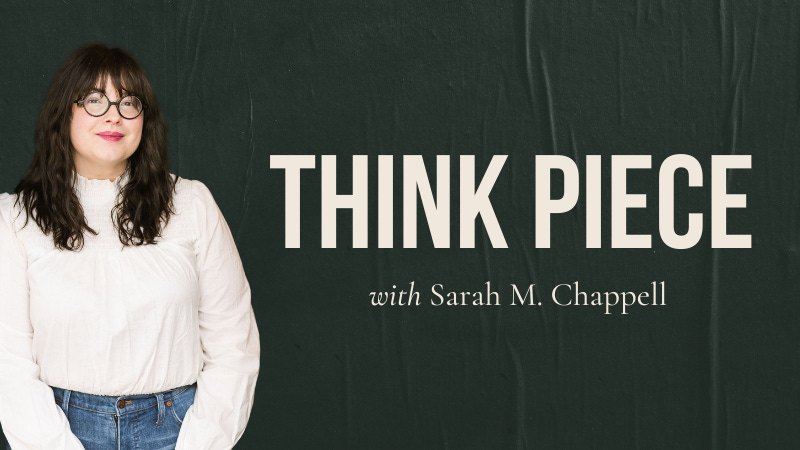
Business and tech analysis, criticism, and reflections for visionary creatives, founders, and curious minds building the future of work.

Business and tech analysis, criticism, and reflections for visionary creatives, founders, and curious minds building the future of work.